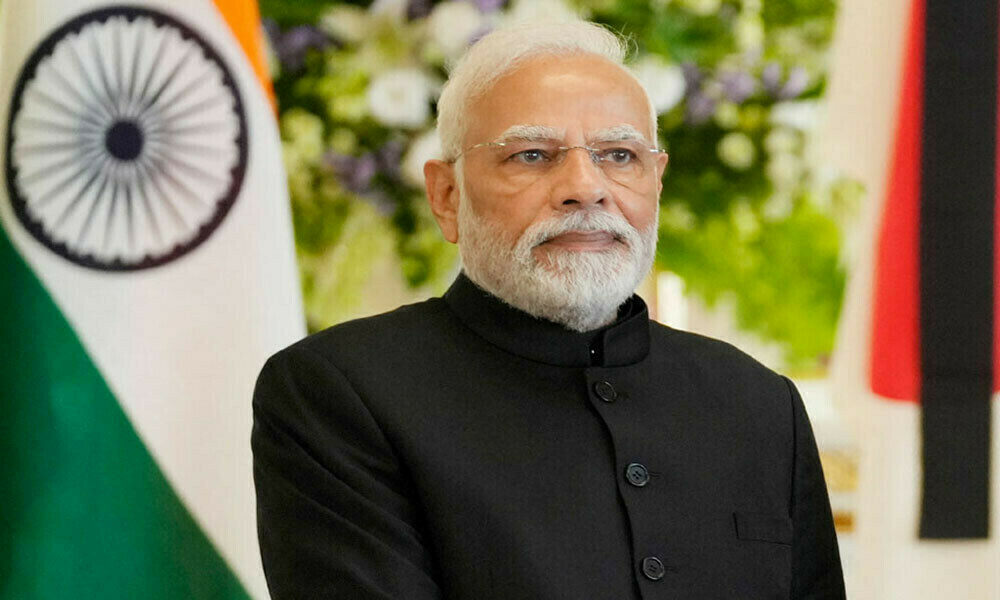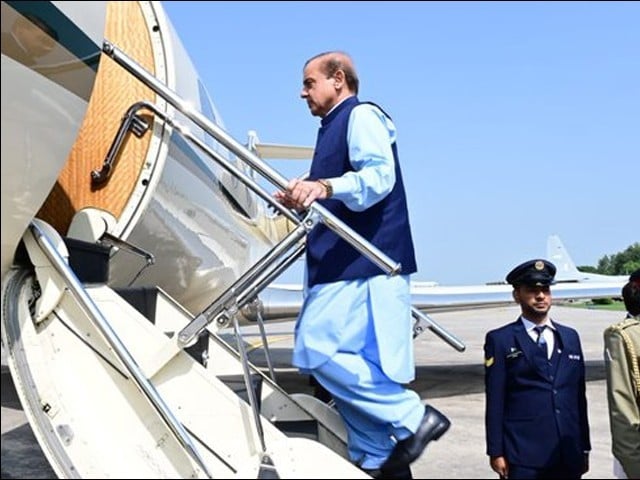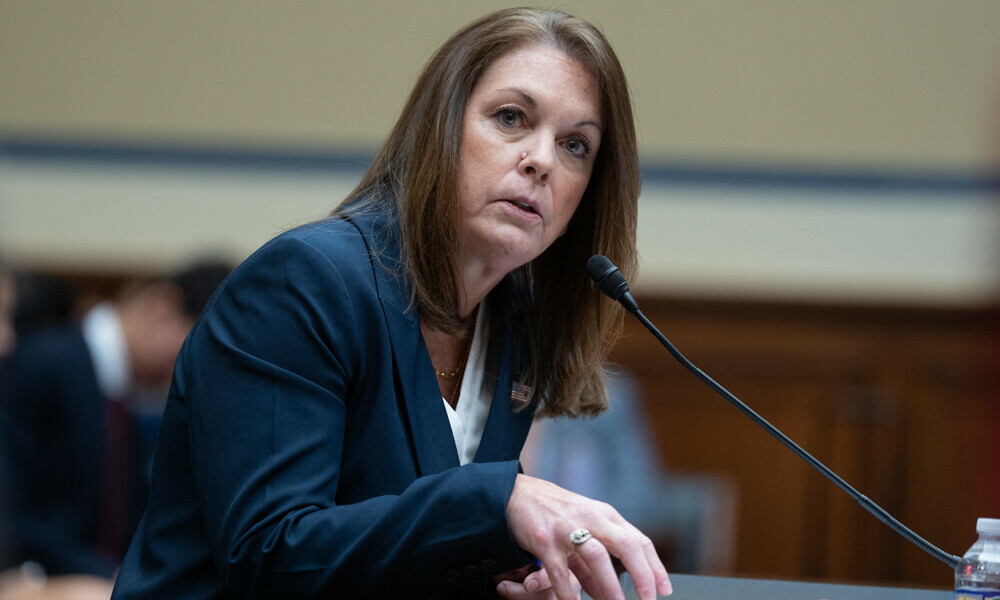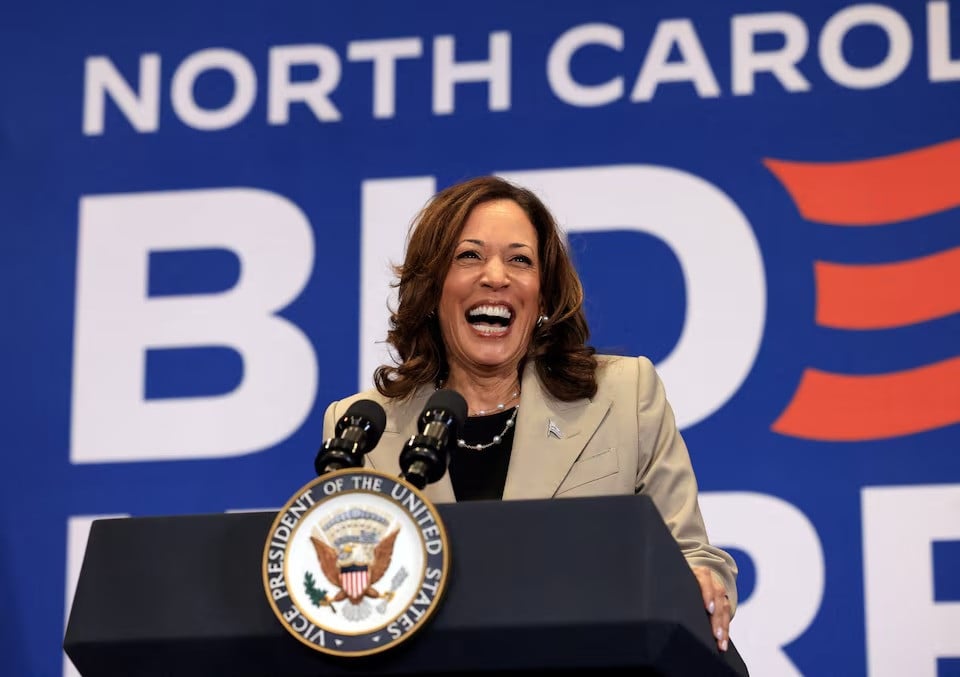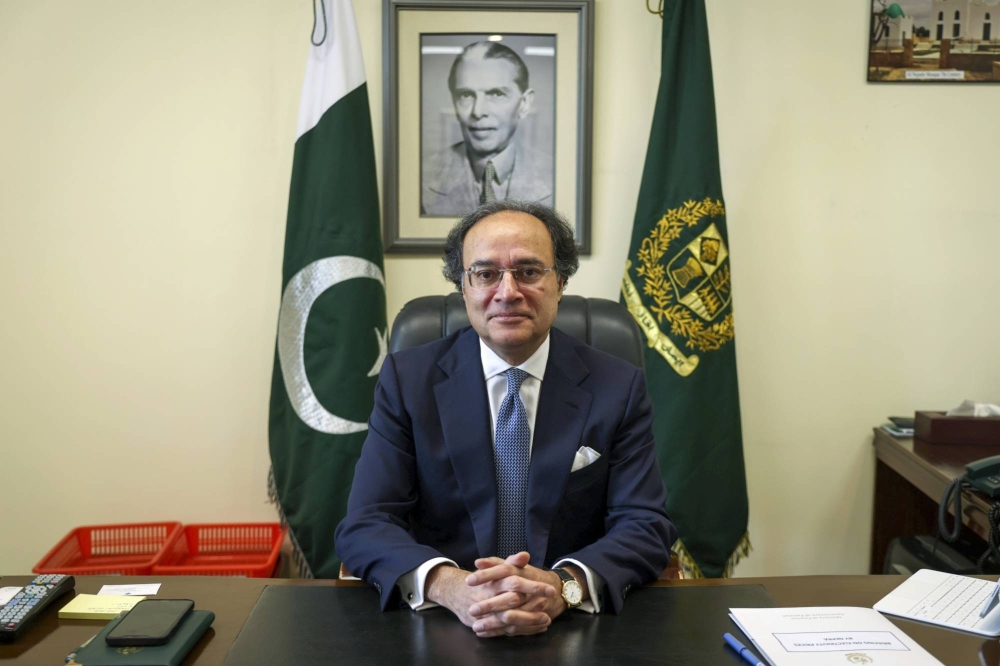Former Prime Minister and Pakistan Tehreek e Insaf (PTI) founder Imran Khan, a key figure in Pakistani politics, made a significant appearance before the Supreme Court via video link. He was there to present his arguments in the National Accountability Bureau (NAB) amendments case, a case of national importance. The Supreme Court, in response to appeals filed by the federal and provincial governments against the NAB amendments struck down by the apex court, convened a five-member SC larger bench, with Chief Justice Qazi Faez Isa at the helm.
The hearing of the case took place under unique circumstances. It was not live-streamed on the day of Imran Khan’s appearance, which was arranged via video link from the Adiala Jail as per the Supreme Court’s orders. Imran Khan, currently incarcerated, expressed his desire to appear in person, a request the court granted in the form of a video link. His lawyers, Khawaja Haris and Intezar Panjutha had a brief meeting with him in jail prior to the Supreme Court’s order, adding to the intrigue of the situation.
During the hearing, the Chief Justice asked the Attorney General for Pakistan if the video link with Imran Khan had been established, to which the AGP confirmed that it was. Imran Khan, appearing via video link, was seen wearing a light blue shirt. The government’s counsel began his argument and was asked to speak loudly so that Imran Khan could hear his arguments via video link.
The court also sought the verdict on the NAB amendments case hearing at the Islamabad High Court, and various aspects of the case were discussed during the hearing, including the number of hearings held, the time taken for the case to proceed, and objections raised in the matter.
The Supreme Court, after a thorough hearing, made a significant decision. It adjourned the hearing of the case indefinitely, a move that underscores the complexity and importance of the NAB amendments case. The court also directed that Imran Khan’s appearance via video-link be ensured on the next hearing, indicating the court’s commitment to a fair and just process.
Background of the NAB Amendments Case
In September 2023, a three-member bench of the Supreme Court approved Imran Khan’s petition challenging amendments made to the country’s accountability laws during the tenure of the previous Pakistan Democratic Movement (PDM) )-led government. The court, in its majority 2-1 verdict, restored graft cases against public office holders that were closed down following the amendments. The striking down of the amendments would mean that references against some of the country’s political leaders will once again land in the accountability courts.
Following the verdict, the federal government filed an appeal under Section 5 of the SC law against the apex court’s order.







































